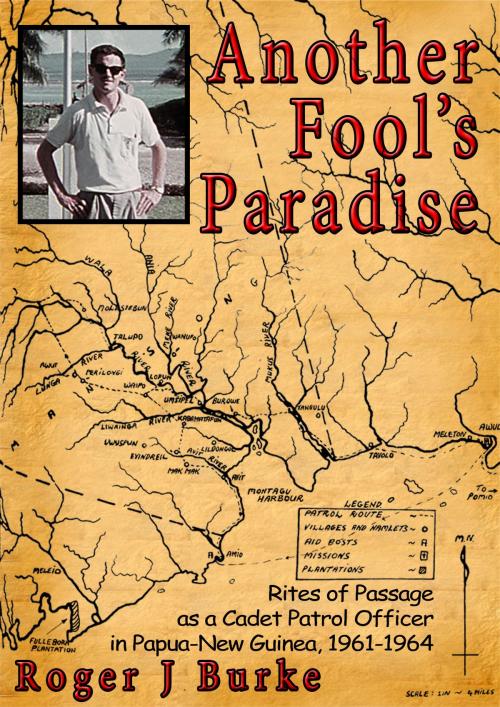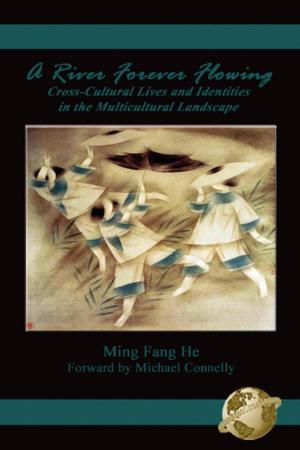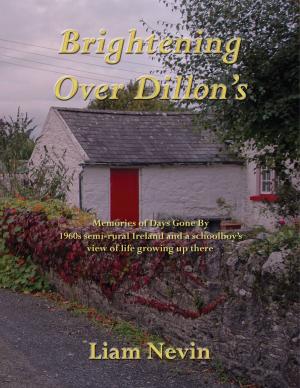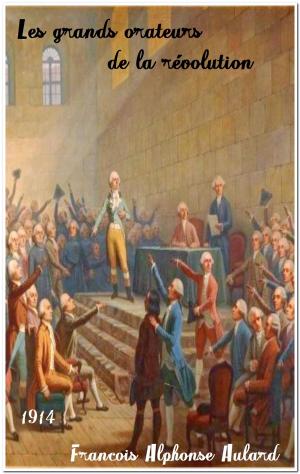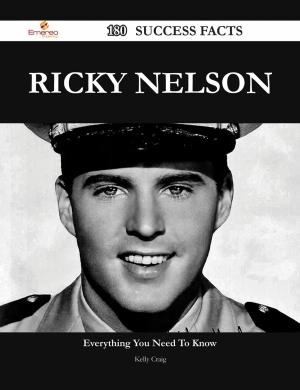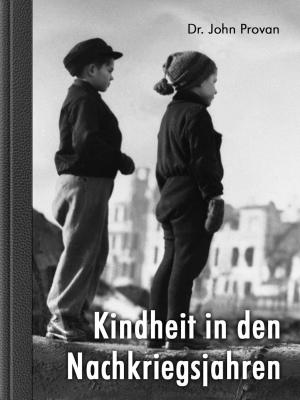| Author: | Roger J Burke | ISBN: | 9781310592331 |
| Publisher: | Roger J Burke | Publication: | November 9, 2014 |
| Imprint: | Smashwords Edition | Language: | English |
| Author: | Roger J Burke |
| ISBN: | 9781310592331 |
| Publisher: | Roger J Burke |
| Publication: | November 9, 2014 |
| Imprint: | Smashwords Edition |
| Language: | English |
In mid 1961, nineteen-year-old Roger J Burke – naïve, idealistic and hopelessly romantic – obtains a job in the Territory of Papua-New Guinea as a Cadet Patrol Officer. After a two-week induction course in Sydney, at the Australian School of Pacific Administration (ASOPA), he and twenty more cadets land at Port Moresby. Following a two-week orientation period that includes a number of embarrassing mishaps, Roger travels first to Rabaul, in New Britain, then to Pomio and finally Kandrian on its south coast. At Kandrian, he engages in road construction, and spends three months alone in the rain forest: learning the lingua franca (Pidgin English); practicing how to conduct himself as an administration official and ex officio police officer; and desperately trying to build roads and bridges, about which he knows nothing.
After three months, he falls afoul of the Assistant District Officer there, and is ‘banished’ back to Pomio. There, he forms a life-long friendship with Peter Hill, a thirty-something expatriate teacher; more than just a friend, Peter becomes a brother and mentor. In between administrative tasks, daily life at a remote patrol post generally encompasses four things: gambling, boozing, talking/joking about sex and playing with guns (of which there are many). Hence, it’s a relief to go on patrol – to avoid gambling losses, if nothing else. So, Roger patrols up and down the coast and inland, for census-taking and tax collection. On one such patrol, he assists the OIC Pomio in the investigation of a mysterious ‘locked room’ death of an expatriate at the notorious Lodi sawmill. It looks like murder, but is it actually a bizarre suicide? Occasionally, officers might get a short break in Rabaul – the District Office – where the comedy of Roger’s sexual awakening and subsequent failed efforts with women in Rabaul are intimately recounted.
Administration life at Pomio resolves to counting and timing earthquakes; documenting weather reports; occasional drunken brawling; practical jokes; endless gambling; and partying at various plantations along the coast – all of which opens Roger’s eyes to the ways of the expatriate world and its effects on human relationships. At one such party, for example, the drunken plantation manager has to be restrained from killing his wife. Roger continues patrolling the deepest interior of New Britain, encountering open rebellion to political indoctrination in two different patrols, and is almost killed while arresting a villager who'd earlier speared another. In January, 1964, he departs from Pomio to attend a year's study at ASOPA in Sydney and, by this time, as a more knowledgeable – if not wiser – young man.
In mid 1961, nineteen-year-old Roger J Burke – naïve, idealistic and hopelessly romantic – obtains a job in the Territory of Papua-New Guinea as a Cadet Patrol Officer. After a two-week induction course in Sydney, at the Australian School of Pacific Administration (ASOPA), he and twenty more cadets land at Port Moresby. Following a two-week orientation period that includes a number of embarrassing mishaps, Roger travels first to Rabaul, in New Britain, then to Pomio and finally Kandrian on its south coast. At Kandrian, he engages in road construction, and spends three months alone in the rain forest: learning the lingua franca (Pidgin English); practicing how to conduct himself as an administration official and ex officio police officer; and desperately trying to build roads and bridges, about which he knows nothing.
After three months, he falls afoul of the Assistant District Officer there, and is ‘banished’ back to Pomio. There, he forms a life-long friendship with Peter Hill, a thirty-something expatriate teacher; more than just a friend, Peter becomes a brother and mentor. In between administrative tasks, daily life at a remote patrol post generally encompasses four things: gambling, boozing, talking/joking about sex and playing with guns (of which there are many). Hence, it’s a relief to go on patrol – to avoid gambling losses, if nothing else. So, Roger patrols up and down the coast and inland, for census-taking and tax collection. On one such patrol, he assists the OIC Pomio in the investigation of a mysterious ‘locked room’ death of an expatriate at the notorious Lodi sawmill. It looks like murder, but is it actually a bizarre suicide? Occasionally, officers might get a short break in Rabaul – the District Office – where the comedy of Roger’s sexual awakening and subsequent failed efforts with women in Rabaul are intimately recounted.
Administration life at Pomio resolves to counting and timing earthquakes; documenting weather reports; occasional drunken brawling; practical jokes; endless gambling; and partying at various plantations along the coast – all of which opens Roger’s eyes to the ways of the expatriate world and its effects on human relationships. At one such party, for example, the drunken plantation manager has to be restrained from killing his wife. Roger continues patrolling the deepest interior of New Britain, encountering open rebellion to political indoctrination in two different patrols, and is almost killed while arresting a villager who'd earlier speared another. In January, 1964, he departs from Pomio to attend a year's study at ASOPA in Sydney and, by this time, as a more knowledgeable – if not wiser – young man.
